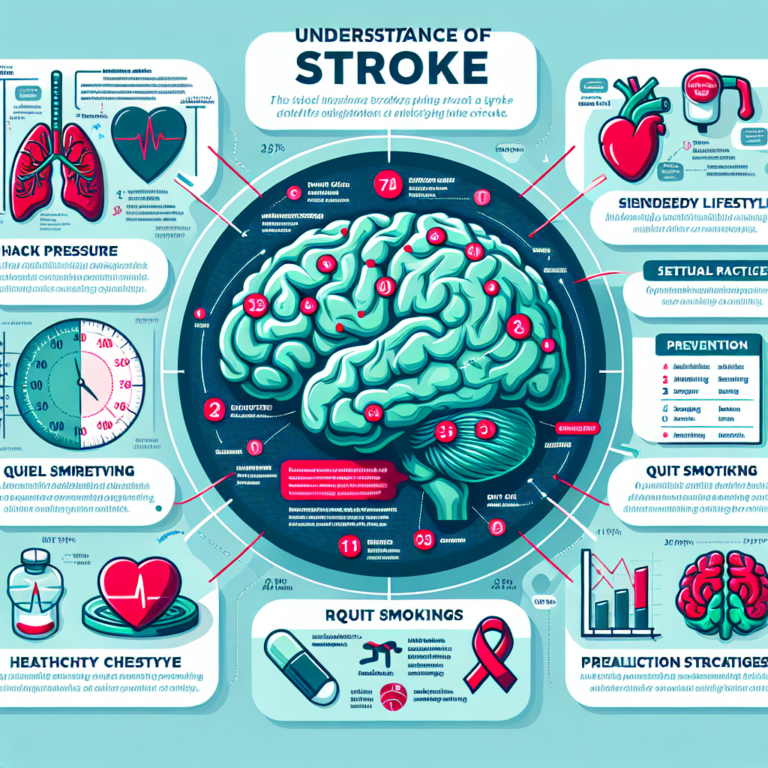
Introduction
In a world constantly seeking achievement, understanding the psychological forces behind success is more vital than ever. One of the most profound influencers on our ability to perform is self-efficacy—the belief in our own capacity to execute necessary actions to achieve specific goals. This inner conviction significantly impacts not just our motivation but also our overall performance in various life domains.
But how does self-efficacy translate into tangible outcomes? Self-Efficacy and Performance: How a Strong Belief in Yourself Can Drive Success delves into the intricate relationship between belief and achievement, illustrating how fostering a robust self-image can propel you toward extraordinary results. By exploring this concept through case studies, practical applications, and actionable strategies, you will be equipped with the tools to enhance your self-efficacy and, consequently, your performance.
Understanding Self-Efficacy
What is Self-Efficacy?
Self-efficacy, a term popularized by psychologist Albert Bandura, refers to an individual’s belief in their ability to succeed in specific situations. It is not merely self-confidence; rather, it’s a contextual belief about how well one can perform in particular tasks.
The Four Sources of Self-Efficacy
To build self-efficacy, individuals rely on four key sources:
- Mastery Experiences: Successfully completing a task boosts your confidence.
- Vicarious Experiences: Seeing others succeed can motivate you to believe you can do the same.
- Social Persuasion: Encouragement from others can bolster your confidence.
- Emotional and Physiological States: Positive emotions and a healthy physical state can enhance self-belief.
Understanding these sources is crucial for leveraging them to boost your self-efficacy and, subsequently, your performance.
The Impact of Self-Efficacy on Performance
Motivation and Goal Setting
Self-efficacy directly affects motivation levels, influencing both the goals we set and the effort we exert. Those with high self-efficacy tend to set challenging goals and invest the necessary effort to achieve them.
Case Study: Consider the story of Oprah Winfrey. Raised in poverty, she faced numerous adversities, yet her strong belief in her abilities propelled her to become one of the most influential media personalities in history. Winfrey set ambitious goals—launching her own television network and building a multimedia empire—anchoring her efforts in self-efficacy.
Resilience in the Face of Adversity
High self-efficacy equips individuals with resilience. When faced with setbacks, those who believe in their capabilities are less likely to experience helplessness and more likely to persist.
Case Study: The renowned author J.K. Rowling faced numerous rejections from publishers before finally publishing the Harry Potter series. Her self-efficacy sustained her through the rejections, allowing her to thrive and ultimately achieve unparalleled success.
How to Build Self-Efficacy
Cultivate Mastery Experiences
Start by setting manageable goals and progressively tackling more challenging tasks as you gain confidence. Celebrate each success, no matter how small.
Engage in Vicarious Learning
Surround yourself with motivating, successful individuals. Whether through mentorship or community groups, witnessing others’ journeys can enhance your belief in your ability to achieve similar success.
Utilize Social Persuasion
Seek constructive feedback and support from friends or colleagues. Their encouragement can serve as a powerful tool in solidifying your self-belief.
Manage Emotional and Physiological States
Regular exercise, mindfulness practices, and stress management techniques can improve your emotional state, enhancing your self-efficacy.
Tools and Strategies for Improving Self-Efficacy
Visualization Techniques
Visualizing success can strengthen your belief in your capabilities. Spend time each day imagining yourself excelling in your endeavors.
Positive Affirmations
Use affirmations to combat negative self-talk. Remind yourself of your strengths and past successes regularly.
Skills Development
Invest in skill development to enhance your competence. The more prepared you feel, the higher your self-efficacy will be.
Continuous Learning
Seek knowledge and experiences that contribute to your confidence. Learning about your field or area of interest can significantly boost your belief in your expertise.
Self-Efficacy in the Workplace
Enhancing Team Performance
A team’s collective self-efficacy can significantly influence overall performance. Encourage team members to support one another, share successes, and celebrate achievements to create a culture of confidence.
Table 1: Strategies for Enhancing Team Self-Efficacy
| Strategy | Description |
|---|---|
| Regular Feedback | Offer constructive feedback and recognize efforts. |
| Celebrating Success | Acknowledge team achievements, both big and small. |
| Skill Development | Provide training opportunities to boost competence. |
Leadership and Self-Efficacy
Effective leaders cultivate self-efficacy within their teams by encouraging growth, offering support, and leading by example. Leaders who demonstrate high self-efficacy inspire their teams to adopt a similar mindset, which can enhance overall performance.
The Role of Self-Efficacy in Education
Academic Achievement
Self-efficacy plays a pivotal role in academic settings. Students who believe in their academic capabilities are more likely to engage in challenging coursework and complete their studies successfully.
Case Study: A study involving college students revealed that those with higher self-efficacy in mathematics scored significantly higher on assessments than their counterparts with lower self-belief.
Strategies for Educators
Educators can foster self-efficacy in students by creating supportive learning environments. Strategies include:
- Encouraging Peer Collaboration: Create opportunities for students to learn from each other.
- Setting Incremental Challenges: Gradually increase the difficulty of tasks to build confidence.
Conclusion
The relationship between self-efficacy and performance is clear: a strong belief in oneself can unlock potential and drive success across various aspects of life. By understanding the foundations of self-efficacy and employing strategies to bolster this belief, individuals can enhance their motivation, resilience, and ultimately, their performance.
Now is the time to take charge of your self-efficacy. Start small, leverage support systems, and persist in the face of challenges. Remember, self-efficacy is not just about believing you can; it’s about knowing you will.
FAQs
1. What are the main factors that influence self-efficacy?
The primary factors include mastery experiences, vicarious experiences, social persuasion, and emotional & physiological states.
2. How can I improve my self-efficacy?
You can improve your self-efficacy by setting achievable goals, seeking support, engaging in continuous learning, and managing your emotional state.
3. Can self-efficacy be developed over time?
Yes, self-efficacy can be developed and strengthened through experience and positive reinforcement.
4. How does self-efficacy affect stress and anxiety?
Individuals with high self-efficacy are generally better equipped to handle stress and anxiety, as they tend to view challenges as manageable rather than overwhelming.
5. Is there a difference between self-efficacy and self-esteem?
Yes, self-efficacy is specific to beliefs about capabilities in particular tasks, while self-esteem refers to overall self-worth.
By internalizing the principles of Self-Efficacy and Performance: How a Strong Belief in Yourself Can Drive Success, you can set the course for not only personal growth but also inspiring those around you to cultivate their own beliefs in the power of success.















